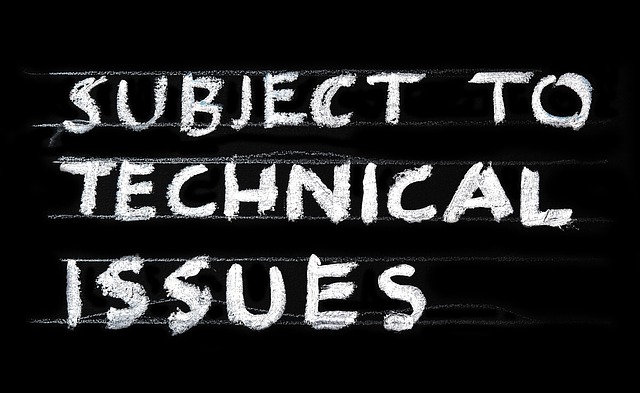Environment: A Call for Personal Responsibility
The rising mercury, melting glaciers, and intensifying storms are not distant scenes from a science fiction novel—they’re unfolding chapters of our shared story. Each of us senses an unease, a growing tension between our comforts and the planet’s limits. In this tug-of-war, self-control becomes more than a personal virtue; it’s a lifeline for Earth.
Understanding Climate Change Through the Lens of Control
Climate change often feels overwhelming. We scroll through headlines of record heatwaves while clutching our morning coffee to-go. Yet, this global challenge is woven from countless individual choices—what we eat, how we commute, how we consume energy. By exercising self-control over instant gratification, we begin to reclaim power from the looming threat of environmental collapse.
Imagine refusing a single-use plastic straw or opting for the staircase instead of the elevator. These acts may seem trivial alone, but they reflect a deeper discipline: the ability to pause, reflect, and choose a path that aligns with a healthier planet.
Practical Steps to Nurture Self-Control
- Mindful Consumption: Before making a purchase, ask yourself if you truly need the item. Can you borrow, repair, or repurpose instead?
- Energy Awareness: Create a ritual of turning off lights and unplugging devices. Each small switch-off is a vote against wasteful habits.
- Dietary Discipline: Incorporate one or two plant-based meals into your weekly routine. Reducing meat consumption eases pressure on land, water, and emissions.
- Carbon-Conscious Commutes: Walk, cycle, carpool, or use public transit. Even a single day of choosing low-carbon travel can reinforce your capacity for restraint.
Building a Culture of Restraint and Innovation
True progress happens when self-control scales from individuals to communities and organizations. Schools can adopt “energy curfews,” companies can incentivize remote work, and neighborhoods can host tool-sharing libraries. When we institutionalize restraint as a shared value, it spurs creativity—engineers develop cleaner technologies, city planners design greener infrastructure, and policymakers champion bold climate action.
Each step forward reflects a collective decision to harness self-control not as sacrifice, but as a source of empowerment. In the face of warming, our discipline becomes an act of hope.
How Will You Exercise Self-Control Today?
The next time you reach for convenience over conservation, remember that self-control isn’t about denial—it’s about choosing the future you believe in. Small acts ripple outward, forming the currents that guide us toward a greener horizon.




